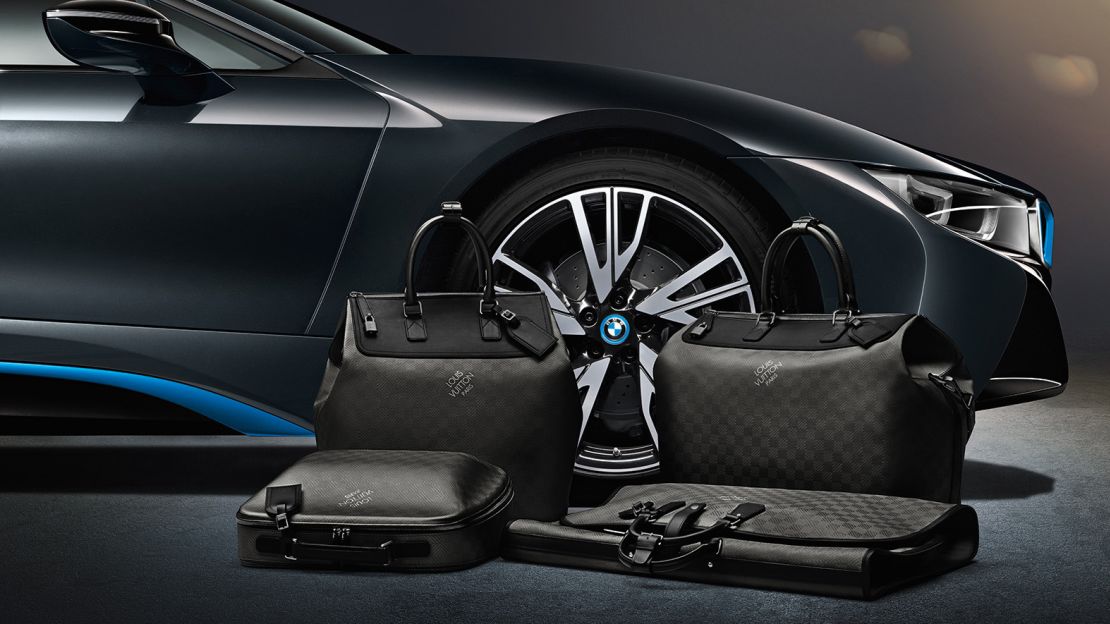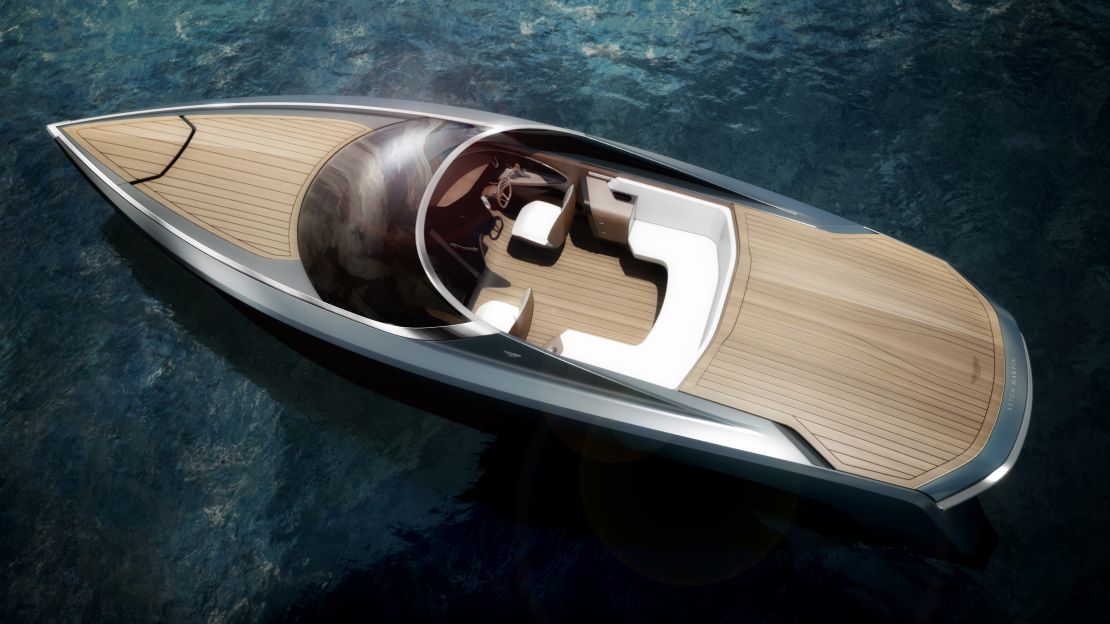Editor’s Note: John McIlroy is Deputy Editor of Auto Express and Carbuyer.
Story highlights
Increasing numbers of car manufacturers now offer their design expertise to outside clients
Such groups have helped create a piano, bicycles, and even a salt and pepper grinder
We’re all used to the familiar front grilles and badges of car brands like Audi, Porsche and BMW. But have you ever considered a Peugeot piano? Or an Aston Martin yacht? Perhaps a Bentley handbag?
These days, ever-increasing numbers of car manufacturers are offering their design expertise as a resource to outside clients – either extending their own brand to something without four wheels and an engine, or consulting on projects that will ultimately exist in their own right.
One of the most successful enterprises to mix internal and external client work is Peugeot Design Lab.
What happens when car designers leave four wheels behind
Based in an anonymous building on PSA Peugeot-Citroen’s enormous campus on the outskirts of Paris, this consultancy business currently produces all of Peugeot’s non-automotive work – and anything else that comes their way from other clients.
Consistently branded
Since its launch in 2012, Peugeot Design Lab has consulted on more than 50 non-automotive projects, working on everything from a stunning rethink on how a concert piano should look, in conjunction with instrument maker Playel, to Airbus’s forthcoming H160 helicopter.
It has also worked on bicycles, an electric scooter and – in a neat throwback to the origins of the Peugeot brand, which started in 1810 producing coffee mills – salt and pepper grinders.
For outside clients, the appeal of employing a car company as a design consultancy is not purely based on technical skills. The fact is that precious few non-car manufacturers can match the industry’s knack for consistent branding.
Walk up to a BMW, any BMW, and you will pick up on subtle design cues that reinforce the brand and its qualities. That consistency and ability to tie the dots together is something that has appeal for existing clients and start-ups alike.

“The car industry has a fantastic ability to build brands and reinforce them,” says Cathal Loughnane, who has been at the helm of Peugeot Design Lab since its inception.
“Quite often we get approached not because the client lacks a concept – often they do – but because they haven’t worked out how to tie it to their brand effectively. That disconnect can be there in existing companies, but it’s even more common when you’ve got someone with a great idea but no idea on how to create a brand and deliver the product within it.”
Extended expertise
The Peugeot Design Lab’s story is not unique – many car manufacturers have extended their reach far beyond automobiles.
Porsche Design, for example, has used the cachet of the car brand and novel design to make a name for itself in everything from pens and watches to laptop computers and kitchen knives.
BMW acquired its Designworks division in 1995, although it had been established as “a global creative consultancy” more than 20 years earlier. These days it employs more than 150 people in California, Munich and Shanghai, and has worked on smartphones, first-class cabins for commercial aircraft, skis and headphones.
Recently, there’s been a trend for nautical. Jaguar and Aston Martin have both produced concept yachts in the past 18 months, and the latter’s offering – developed in conjunction with Quintessence Yachts – is now being offered to well-heeled customers for a cool £1m a pop.

Beyond this, there seems to be no limit to the items to which car manufacturers believe their brands and expertise can extend.
BMW Designworks has consulted on mouthwash bottles. And Bentley, the most quintessentially British brand, has a long list of luxury collaborations to its name; it has worked with a London barber to develop a luxurious leather-trimmed chair for its customers, and French perfume house Lalique to create its own fragrance.
Where will it end?
You’d probably expect the car design teams to draw the line at working on, well, ground transportation in general. But the lines are already becoming blurred there too; the teams at BMW, Peugeot and Porsche have already worked on trams or monorails.
If the right opportunity came up to offer advice to a start-up car brand which wasn’t perceived as a threat, it’s impossible to say that not a single one of the existing teams would be able to turn down the work.




























